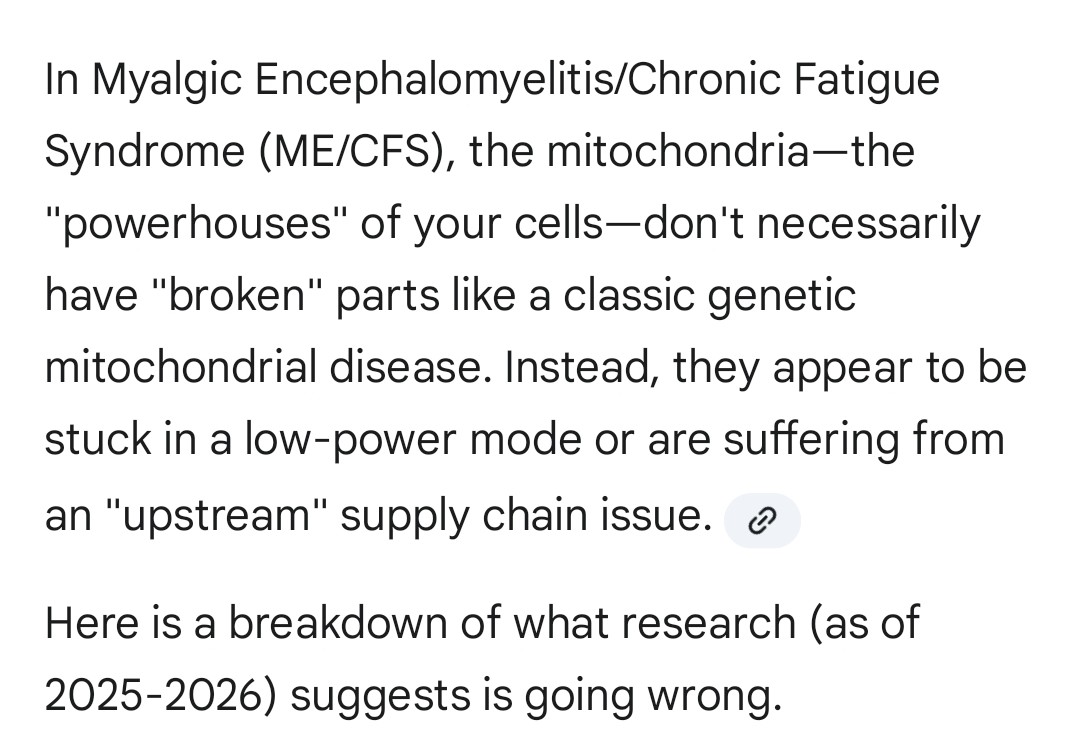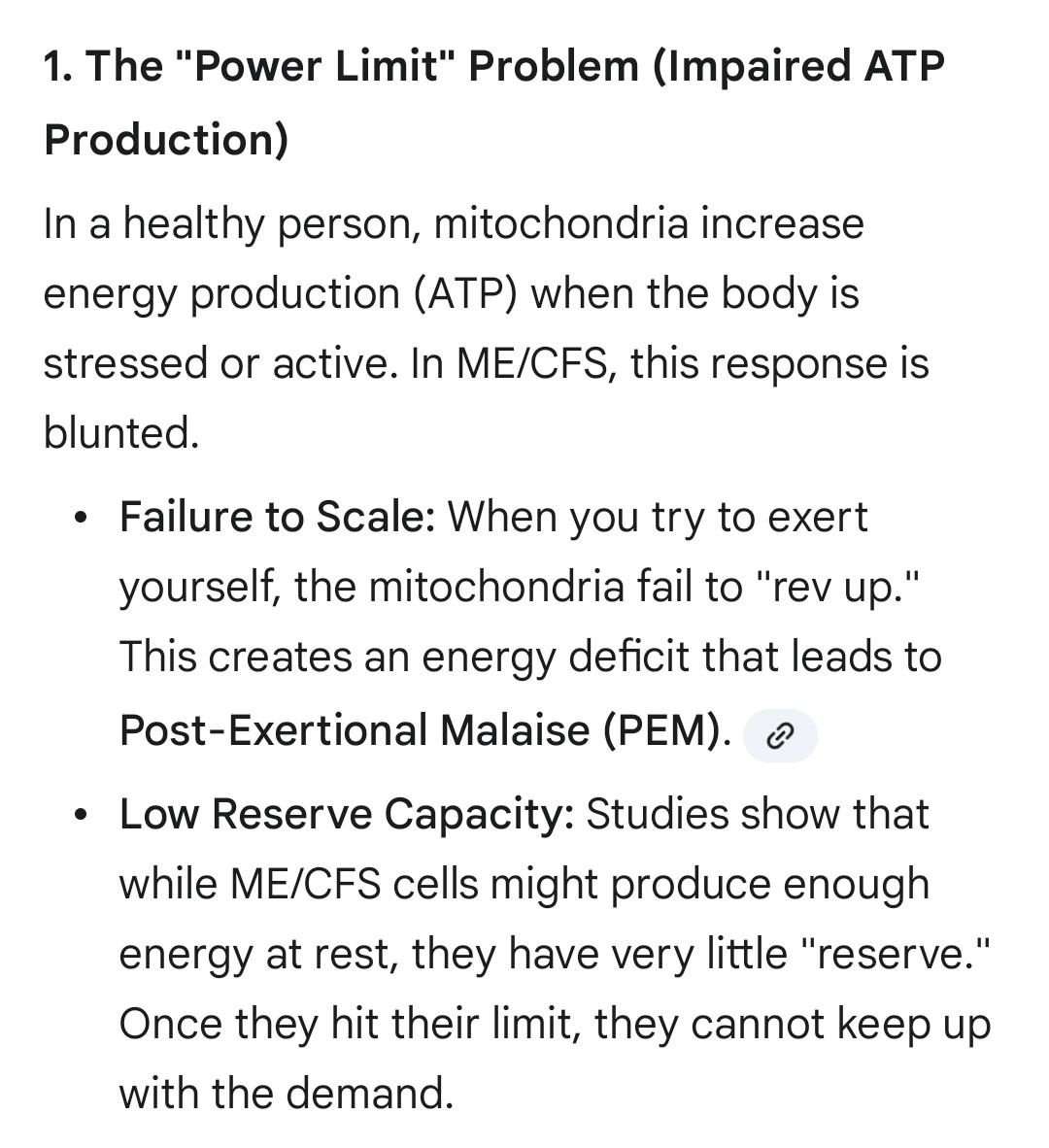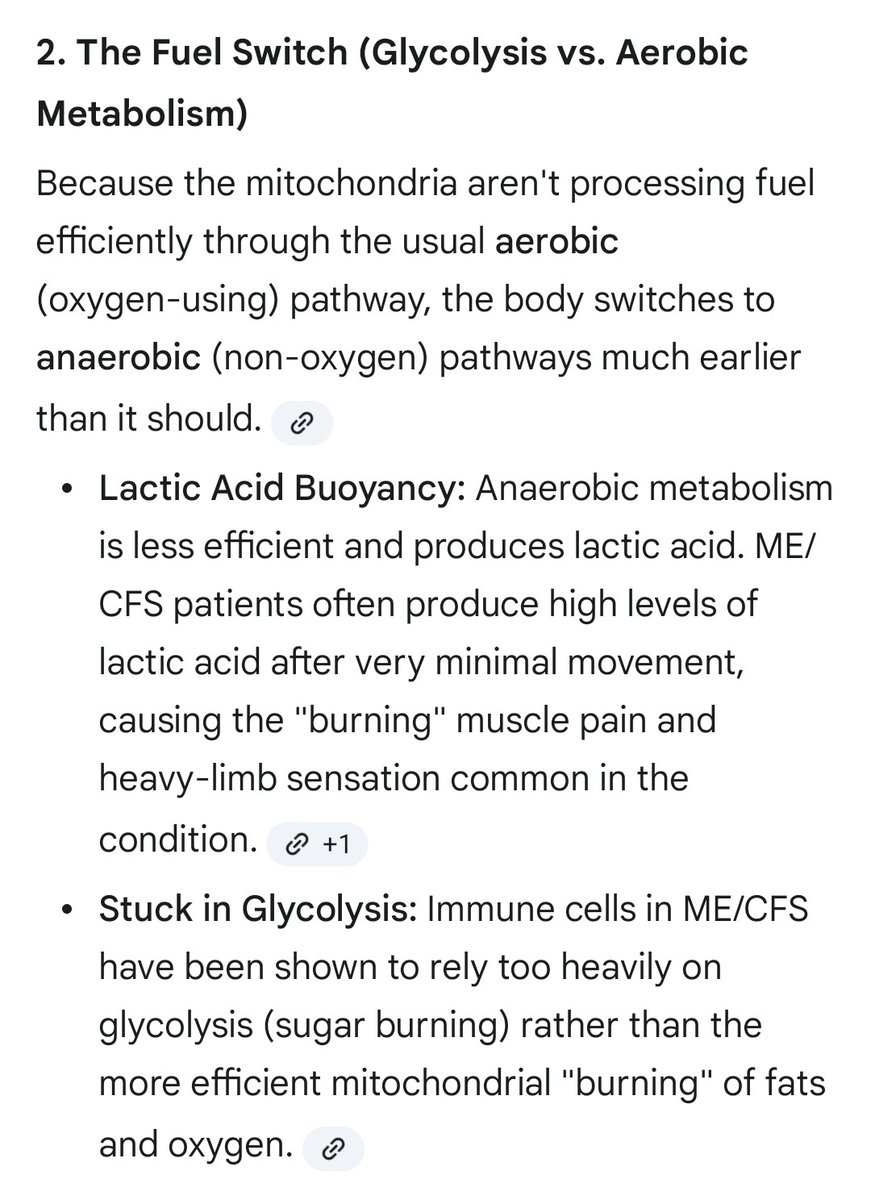On the corrupt Establishment network, including @BristolUni academics, @cochranecollab and @bmj_company attempting to "white-wash, obfuscate or justify" unscientific behaviour. #pwME #MyalgicE #MedEd #MEcfs #health #ScienceNotStigma #Research
virology.ws/2019/08/31/tri…
virology.ws/2019/08/31/tri…
In a nutshell:
The co-author of two papers widely criticised by scientists and academics for multiple ethical violations has written a "risk of bias" tool for @cochranecollab which @bmj_company published online.
The co-author of two papers widely criticised by scientists and academics for multiple ethical violations has written a "risk of bias" tool for @cochranecollab which @bmj_company published online.
"... this revision makes it easier for unblinded studies relying on self-reported outcomes to be assessed as having “low risk” of bias. In fact, studies with this design are at high risk of bias." Unsurprisingly, "they are favored by members of the CBT/GET ideological brigades."
• • •
Missing some Tweet in this thread? You can try to
force a refresh













